As a BetterHelp affiliate, we receive compensation from BetterHelp if you purchase products or services through the links provided
PMO addiction, a phrase that has garnered attention in recent years, refers to the compulsive use of pornography, masturbation, and orgasm (PMO) in a way that disrupts daily life. Recognizing this as a severe issue is the first step in addressing the pattern of behavior that has negative consequences. It’s important to understand that addiction to PMO is characterized by a persistent reliance on these activities to the detriment of personal, social, and professional aspects of one’s life.
Understanding the mechanisms behind PMO addiction is crucial. Just like other addictive behaviors, PMO addiction involves the reward system in the brain, which can lead to a cycle of intense cravings and a need to engage in the behavior despite adverse consequences. While the term addiction may conjure images of substance dependency, behavioral addictions can be equally challenging and often require similar strategies for recovery and management.
Overcoming PMO addiction typically involves various approaches, such as establishing a support system, adopting a healthier lifestyle, and pursuing personal development. Technology can play a dual role in PMO addiction by acting as both a facilitator and a tool for recovery. Coping mechanisms and strategies for avoiding triggers are vital for those seeking to overcome this addiction. Improved relationships, greater control over impulses, and reduced use of pornography are often signs of progress.
Key Takeaways
- PMO addiction involves a harmful dependency on pornography, masturbation, and orgasm.
- Recovery strategies include support systems, lifestyle adjustments, and personal growth.
- Advances in overcoming addiction manifest as better impulse control and healthier relationships.
Understanding PMO Addiction
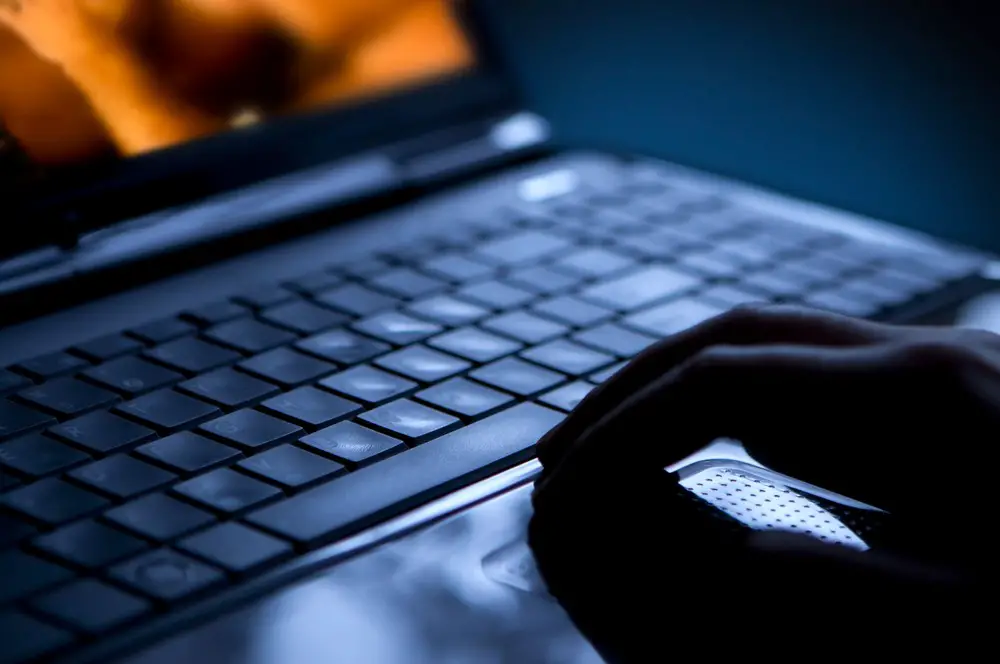 When it comes to PMO addiction, understanding the underlying mechanisms and recognizing signs is crucial for addressing the issue effectively.
When it comes to PMO addiction, understanding the underlying mechanisms and recognizing signs is crucial for addressing the issue effectively.
The Science of Addiction
Your brain is a complex network that adapts to repeated stimuli. PMO addiction is when your interaction with pornography, masturbation, and orgasm (PMO) becomes a compulsive activity that you feel you can’t control. It involves a process known as the addiction cycle, which incorporates brain changes through desensitization and sensitization. Desensitization leads to reduced responsiveness to stimuli, while sensitization increases responsiveness to specific cues or triggers related to the addictive behavior.
Key Takeaway: PMO addiction alters your brain’s normal functioning through desensitization and sensitization, making it a challenging cycle to break.
The Role of Dopamine in PMO
Dopamine is a neurotransmitter often dubbed the “feel-good” chemical, with a central role in reward and pleasure pathways. During PMO activities, dopamine levels surge, temporarily giving you a feeling of euphoria. Over time, your brain may require more stimulation to achieve the same dopamine high, contributing to the addiction.
- Dopamine: Crucial in pleasure and reward
- Effects: Heightened during PMO, leading to repetitive behavior
- Key Takeaway: Regular and excessive PMO can recalibrate your dopamine sensitivity, making everyday joys less satisfying and PMO more enticing.
Symptoms of PMO Addiction
Knowing the symptoms of PMO addiction helps in recognizing and acknowledging the need for change. Look out for persistent thoughts about PMO, an increase in the amount of time spent engaging in it, and continued use despite negative consequences.
- Symptoms May Include:
- Increased usage and need for more extreme content
- Neglect of responsibilities and social withdrawal
- Distress or irritability when unable to engage in PMO
- Key Takeaway: Acknowledging these symptoms is a pivotal step toward seeking help and recovery.
The Impact of PMO
The influence of PMO addiction touches various aspects of life, particularly mental and physical health, as well as social skills. Each subsection below will tackle the specific effects on these vital areas of your well-being.
On Mental Health
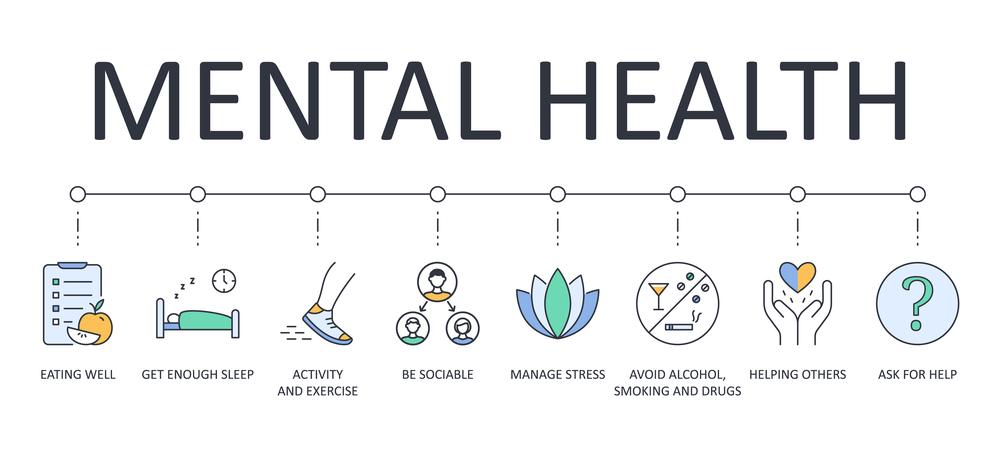 PMO addiction can lead to a variety of mental health challenges. Excessive engagement in PMO activities may increase your levels of stress and anxiety. Over time, this heightened anxiety can potentially develop into chronic stress, disrupting your overall emotional equilibrium. Studies indicate that compulsive PMO habits could be linked to symptoms of depression, such as persistent sadness and loss of interest in daily activities.
PMO addiction can lead to a variety of mental health challenges. Excessive engagement in PMO activities may increase your levels of stress and anxiety. Over time, this heightened anxiety can potentially develop into chronic stress, disrupting your overall emotional equilibrium. Studies indicate that compulsive PMO habits could be linked to symptoms of depression, such as persistent sadness and loss of interest in daily activities.
- Stress: Constant preoccupation with PMO can increase cortisol levels, the stress hormone.
- Anxiety and Depression: Feelings of guilt or failure to control PMO habits can aggravate emotional distress.
- Brain Fog: Difficulty concentrating and memory problems can arise, impairing your cognitive functions.
Key Takeaway: The mental health impacts of PMO can be extensive, affecting mood, cognitive abilities, and overall emotional wellness.
On Physical Health
Your physical health can also be impacted by PMO addiction. Engaging in PMO in excess can potentially affect sexual health, leading to conditions such as porn-induced erectile dysfunction (PIED) and low libido. These conditions are particularly concerning as they disrupt normal sexual function and can lead to further psychological distress.
- PIED: It’s a condition in which your ability to achieve or maintain an erection is impaired due to excessive PMO use.
- Low Libido: You might experience a diminished sex drive, which can strain intimate relationships.
Key Takeaway: PMO addiction can have detrimental effects on your sexual health, underscoring the importance of addressing the issue for your physical well-being.
On Social Skills
When you’re caught up in a cycle of PMO addiction, it may start to take a toll on your social skills and relationships. The time and energy devoted to PMO can detract from the time spent nurturing real-life connections, leading to social isolation and difficulties in forming or maintaining relationships.
- Isolation: Withdrawing from social activities to engage in PMO can result in loneliness.
- Social Anxiety: A loss of confidence in social situations can emerge as life’s focus becomes increasingly insular.
Key Takeaway: The impact of PMO on your social life shouldn’t be underestimated, as it can lead to isolation and hinder the formation of meaningful relationships.
Triggers and Relapse
In addressing PMO addiction, understanding what triggers a relapse and knowing how to navigate these critical moments are vital steps toward sustained recovery.
Identifying Triggers
Triggers are unique to each person’s experience, but there are everyday situations that can initiate the impulse to revert to old habits. A trigger might be emotional stress or a sense of loneliness. At the same time, environmental factors such as being alone or accessing the internet without supervision could also play a role.
- Emotional Triggers:
- Stress
- Anxiety
- Sadness
- Boredom
- Environmental Triggers:
- Isolation
- Internet access
- Presence of cues related to previous habit
Key Takeaway: Recognize the specific triggers that impact you, whether emotional or environmental, to develop a personalized strategy to counteract them.
Managing Cravings
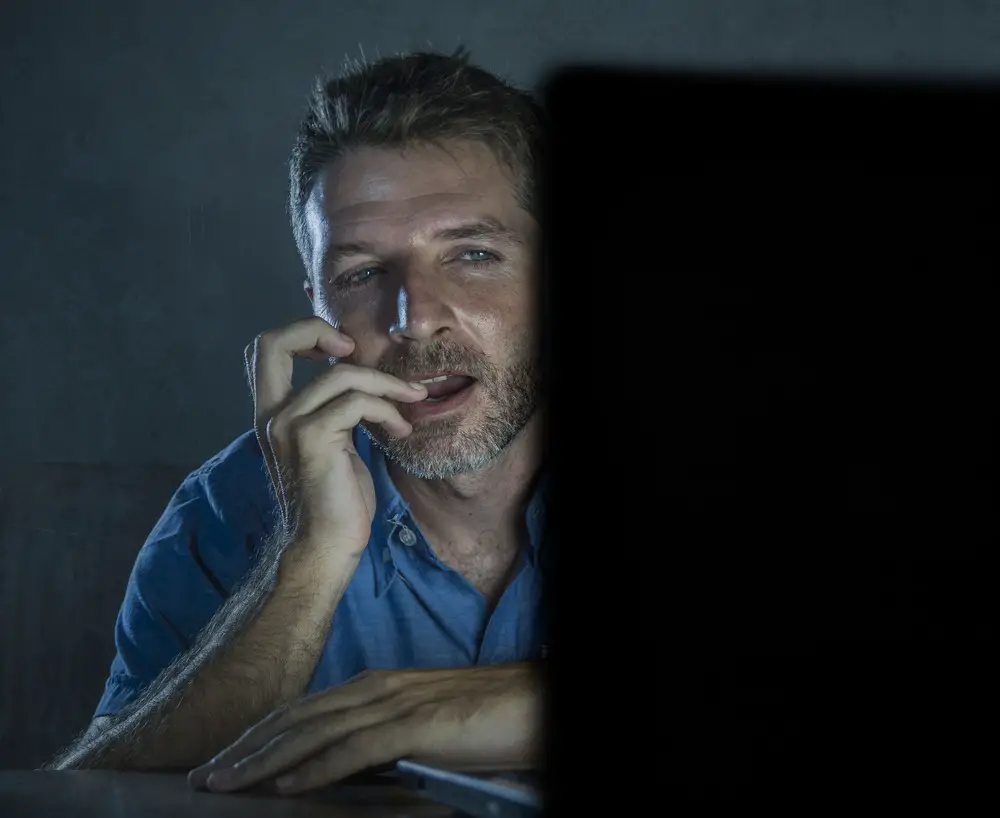 Cravings are a normal part of recovery and can be intense. Learning to manage them is crucial.
Cravings are a normal part of recovery and can be intense. Learning to manage them is crucial.
- Strategies to Manage Cravings:
- Distract yourself with a hobby or activity
- Practicing deep breathing or meditation
- Talk to someone you trust about how you’re feeling
Remember, it’s about buying time until the craving passes.
Key Takeaway: Strategies like finding a distraction or seeking support can help make cravings more manageable when they arise.
Preventing Relapse
Preventing relapse is about planning and consistency.
- Prevention Tips:
- Develop a healthy routine
- Stay connected with supportive friends or groups
- Avoid risky situations and environments
Building a solid foundation will make you more resilient.
Key Takeaway: Focus on creating a supportive environment and habits that reinforce your recovery to prevent a possible relapse.
Recovery and Rebooting
Navigating the path to recovery from PMO addiction can be challenging, but understanding rebooting and setting achievable goals lays the foundation for a successful journey.
What Is Rebooting?
Rebooting is the process of refraining from pornography, masturbation, and orgasm (PMO) to reset your brain’s neural pathways affected by addiction. It’s like giving your mind a fresh start, freeing it from the patterns that have developed over time. Key strategies include:
- Finding Support: Joining forums like NoFap can offer encouragement.
- Mindfulness Practices: Activities like meditation can strengthen your resolve.
Key Takeaway: Rebooting is a personal commitment to a fresh mental start, stepping away from old habits.
The Recovery Process
Recovery is a step-by-step journey that involves more than just abstaining from PMO. It includes actively working towards healing and understanding the triggers that lead to addiction. Elements of the recovery process are:
- Acknowledgment of the Issue: Admit that you have a problem.
- Seeking Professional Help: Therapists or support groups can provide guidance.
- Creating a Healthy Routine: Replace PMO with positive activities.
Key Takeaway: Recovery is a comprehensive approach that requires self-awareness and the willingness to seek help.
Setting Realistic Goals
 Establishing realistic goals helps in charting your progress and staying motivated. Consider the following:
Establishing realistic goals helps in charting your progress and staying motivated. Consider the following:
- Short-Term Goals: Set achievable targets, like a week without PMO.
- Long-Term Goals: Envision where you want to be in a year and the steps to get there.
- Celebrate Milestones: Every goal met is a step towards freedom from addiction.
Key Takeaway: Setting and achieving incremental goals can provide motivation and a sense of accomplishment as you work towards recovery.
Coping Mechanisms
When you’re battling a PMO addiction, developing effective coping mechanisms is crucial for managing your urges and rebuilding your life. Let’s look at some strategies that can help you regain control.
Mindfulness and Meditation

Mindfulness is about staying present and aware of your thoughts and feelings without judgment. It’s a powerful tool for understanding your addictive patterns and triggers. Meditation can reinforce this by teaching your brain to focus and resist the pull of instant gratification.
- Tip: Begin with just five minutes of meditation daily and gradually increase the duration.
- Strategy: Use meditation apps to guide you or join a local meditation group for support.
Key takeaway: Mindfulness and meditation can boost your self-awareness and discipline, which are essential in overcoming PMO addiction.
Physical Exercise
Incorporating exercise into your routine can significantly help with PMO addiction by:
- Improving your mood and reducing stress through the release of endorphins.
- Building discipline and a sense of achievement, directing your energy towards positive goals.
| Type of Exercise | Benefits |
|---|---|
| Cardio | Increases endurance and heart health |
| Strength training | Enhances muscle growth and overall strength |
| Yoga | Encourages flexibility and mental focus |
Key takeaway: Regular exercise helps you channel your energy constructively, promoting physical and mental well-being.
Engaging Hobbies
Getting involved in hobbies that you find engaging can take your mind off PMO and provide a rewarding outlet for your energy. When you’re focused on something you enjoy, the urge to revert to old habits lessens.
- Examples: Painting, writing, playing an instrument, or gardening.
- Motivation boost: Set small goals within your hobby to give you a sense of progression and accomplishment.
Key takeaway: Hobbies provide a positive distraction and can help reinforce your motivation to stay away from PMO.
Building a Support System
Successful recovery from PMO addiction often hinges on the strength of the support system you build around yourself. Let’s explore some channels through which you can cultivate a robust support network.
Community and Forums
Online communities and forums can offer you a space where you feel understood and less alone. Platforms like NoFap’s forum provide a hub for sharing experiences and strategies.
- NoFap: An online community focused on abstaining from pornography and masturbation. Participants often encourage one another and share their progress.
- Other Forums: Look for forums that center on recovery from addiction, as they can provide additional perspectives and support.
Takeaway: Virtual communities can be a constant source of encouragement and help you feel part of a more significant effort toward recovery.
Family and Friends
Your relationships play a critical role in your journey. Informing your friends and family about your struggles allows them to offer you the support you need.
- Friends: Reach out to those you trust, ideally understanding and supportive, and discuss your situation.
- Family: Open up to family members who can provide a compassionate ear and possibly more hands-on support.
Takeaway: The love and understanding from family and friends can be your bedrock, giving you strength and motivation.
Professional Help
 Sometimes, you’ll need more than what peers can offer. Professional help can provide specialized treatment plans and therapies catered to your needs.
Sometimes, you’ll need more than what peers can offer. Professional help can provide specialized treatment plans and therapies catered to your needs.
- Experts: Trained professionals, such as therapists or counselors specializing in addiction, can offer invaluable guidance.
- Therapy: Engaging in therapy can equip you with coping strategies and tools to manage triggers and cravings.
- Treatment Programs: Consider exploring programs offering structured support and recovery plans.
Takeaway: Using professional help can accelerate your recovery by giving you targeted strategies and a professional perspective on your situation.
Lifestyle Changes
Overcoming PMO addiction involves making fundamental lifestyle changes. These adjustments lay the groundwork for long-term recovery and can foster both physical and mental well-being.
Healthy Habits
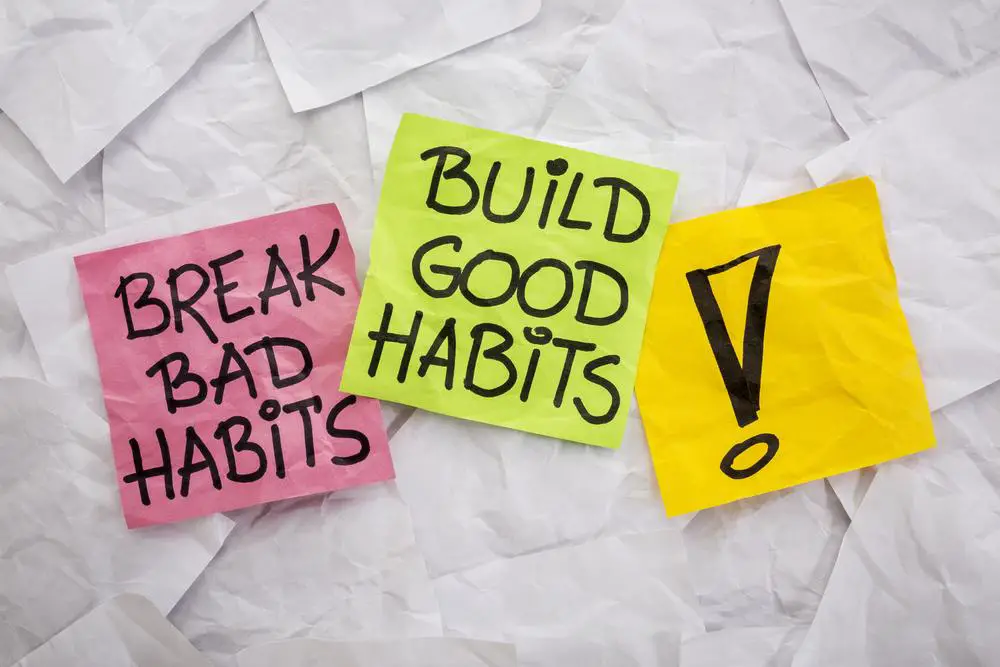
Embracing healthy habits is paramount. Incorporate these small but powerful changes:
- Regular Exercise: Aim for at least 30 minutes of daily activity to boost your mood and reduce stress.
- Balanced Diet: Avoid junk food for nutritious options rich in vegetables, fruits, and lean proteins.
- Adequate Sleep: Ensure 7-9 hours of quality sleep to improve willpower and overall health.
Key takeaway: Consistency in these habits cultivates the strength to resist urges.
Avoiding Substitutes
Turning to substitutes like alcohol or excessive eating can derail progress. Instead:
- Identify and understand your triggers.
- Seek healthier forms of relaxation, such as reading or meditation.
- If you feel an urge, engage in a hobby or skill development to redirect your focus.
Key takeaway: Avoiding substitutes helps maintain clarity and progress in your journey.
Creating a Positive Environment
The spaces you inhabit can influence behavior. To create a positive environment:
- Maintain a tidy and organized living space that promotes a sense of calm.
- Remove any potential PMO triggers from your environment.
- Surround yourself with supportive friends and family who respect your goals.
Key takeaway: A supportive environment fortifies your willpower, making it easier to stay on track.
Personal Development
Overcoming PMO addiction is not just about quitting an unhealthy habit; it’s about reshaping your lifestyle. Through personal development, you strengthen your self-control and build a foundation for long-lasting change.
Developing Self-Control and Discipline
Self-control is like a muscle; just like any muscle, it becomes stronger with regular exercise. Discipline is the training that enhances your self-control muscles. Here’s how you can start:
- Set Clear Boundaries: Establish limits for acceptable behavior and stick to them.
- Create Routines: Routines can automate good behavior and reinforce your self-discipline.
Key Takeaway: Start with small, manageable challenges to gradually boost your willpower, paving the way for bigger victories against PMO addiction.
Improving Confidence and Self-esteem
Your self-worth grows when you take charge of your life. Here are some strategies to enhance your confidence and self-esteem:
- Acknowledge Your Achievements: Even the small wins count. Make a list, check it twice, and give yourself a pat on the back for the progress made.
- Positive Self-talk: Replace negative thoughts with affirmations. Remind yourself, “You’re strong, capable, and making positive changes.”
Key Takeaway: When you feel good about yourself, you’re less likely to seek validation from PMO, increasing your overall motivation and productivity.
The Role of Personal Goals
Setting personal goals provides you with a roadmap to success. Here’s how you can effectively set goals to combat PMO addiction:
- Be Specific: Ambiguity is the enemy of progress. A goal like “reduce PMO usage by half in two months” is clear and measurable.
- Stay Realistic: Goals should stretch your capabilities but remain achievable. Don’t set yourself up for failure with unrealistic expectations.
Key Takeaway: Goals give you direction and a sense of purpose, contributing significantly to your self-control and discipline as you overcome PMO addiction.
The Role of Technology
Technology plays a pivotal role when it comes to PMO addiction. Easy access to the internet and a vast array of devices have transformed how you interact with pornographic content.
Internet Porn and Its Effects
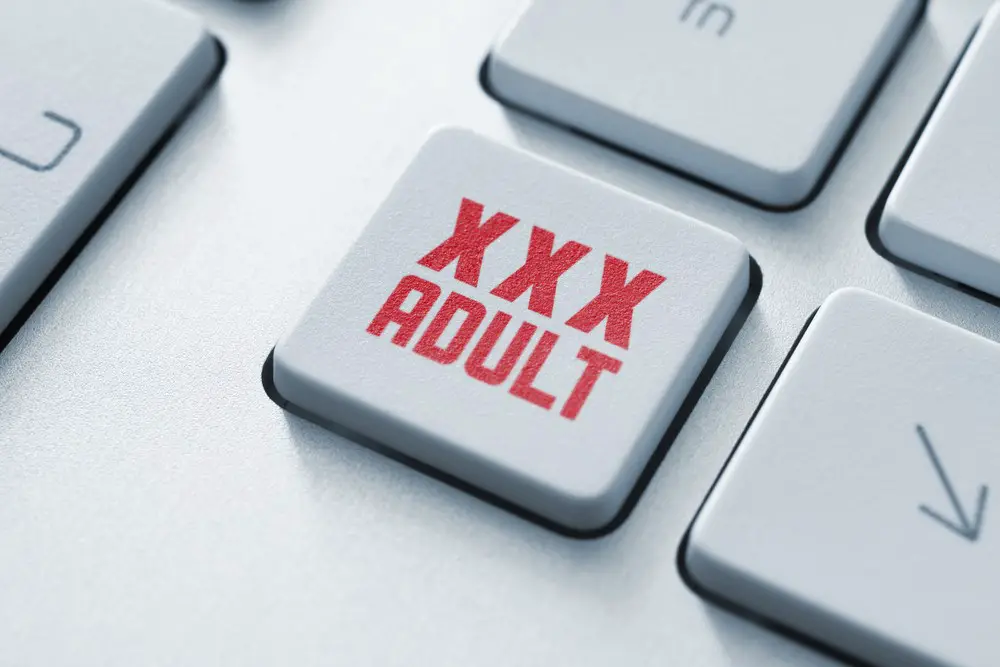
The internet has revolutionized the availability of pornography, making it accessible with just a few clicks. This immediate access can lead to excessive consumption, which in turn may:
- Increase the frequency and intensity of porn consumption.
- Alter dopamine receptors over time, potentially impacting your reward system.
Negative Implications
- Desensitization: Constant exposure can desensitize your dopamine receptors.
- Dependence: Like other addictions, you might find yourself needing more of the stimulus for the same effect.
Key Takeaway: The advent of internet porn has dramatically shifted how pornography is consumed, with potential risks to your mental and emotional well-being.
Managing Digital Consumption
To combat the risks associated with excessive use of technology for porn, it’s important to manage your digital consumption.
Strategies for Control
Consider the following tips to help regulate your online activity:
- Set clear limits: Define your time online and stick to it.
- Use filtering software: Implement tools that block or limit pornographic content.
- Monitor progress: Keep track of your online habits to identify patterns or triggers.
Key Takeaway: By actively managing your digital diet, you can reduce the risk of PMO addiction and take back control over your tech usage.
Signs of Progress
Recognizing the signs of progress in overcoming PMO addiction is crucial. It allows you to see the real changes happening in your life.
Measuring Recovery
To measure your recovery, start noting the reduction in the frequency of your urges. Mark your calendar for each victory—each day without giving in to old habits counts. It’s like piecing together a puzzle; every piece represents a step toward the complete picture of your recovery.
- Days PMO-Free: Track in days and weeks to watch the numbers grow.
- Urges: Keep a record of fewer and less intense urges over time.
Key Takeaway: Keep a daily log; it serves as a tangible measure of your growing strength.
Physical and Psychological Improvements
Your recovery will be echoed in your physical and psychological state. One sign could be the return of morning wood—a natural and healthy physiological response that indicates improved sexual health. Also, watch for a boost in your energy levels and a clearer mind.
- Increased Energy: You may be more active and ready to tackle the day.
- Sharper Focus: Tasks that once seemed blurry might now come into crystal-clear focus.
Key Takeaway: These improvements are signs your body and mind are healing.
Strengthening Relationships
As you progress, you’ll likely see a positive relationship shift. Open, honest communication becomes easier, leading to a more authentic connection with others. You may notice:
- Confidence in Social Settings: Effortless conversations and genuine connections.
- Bonding: Deeper emotional attachments with friends and loved ones.
Key Takeaway: Strengthened relationships are often a heartwarming reward for your hard work.
Frequently Asked Questions
Addressing PMO addiction can be daunting, but understanding common concerns is a solid first step towards recovery.
How can someone overcome the struggle with PMO?
To beat PMO addiction, it’s crucial to recognize your triggers and develop healthier coping mechanisms. This might mean finding new hobbies, practicing mindfulness, or seeking professional therapy. Remember, it’s a journey, and every step forward is progress.
Key takeaway: Identify triggers and replace unhealthy habits with positive activities.
What are effective strategies for resisting PMO urges?
Combating PMO urges requires a toolbox of strategies:
- Distract yourself with activities like exercise or reading.
- Talk about your struggles with a trusted friend or support group.
- Set clear and achievable goals for yourself to foster motivation.
Key takeaway: Use a mix of diversions and support to fend off PMO cravings.
Could you explain the concept of PMO abstinence and its benefits?
PMO abstinence is the complete cessation of pornography, masturbation, and orgasm. It’s a reset for your brain, potentially increasing your mental clarity and improving interpersonal relationships. This self-imposed break can redefine your views on intimacy.
Key takeaway: PMO abstinence can refresh your mind and enhance personal connections.
What are the signs that someone might be dealing with PMO syndrome?
Signs of PMO syndrome include:
- Spending excessive time engaging in PMO despite negative consequences.
- Feeling a frequent, intense need to engage in PMO.
- Experiencing distress or dysfunction in daily life due to PMO.
Key takeaway: If PMO starts to disrupt your life, it might be time to seek help.
What steps can be taken to begin recovery from PMO?
Starting PMO recovery often involves:
- Acknowledging the problem and your desire to change.
- Seeking support from groups or professionals who understand your struggle.
- Creating an action plan that includes gradual changes and self-care.
Key takeaway: Acceptance, support, and a solid plan are your allies in recovery.
What kinds of support are available for individuals confronting PMO addiction?
For those facing PMO addiction, support options vary:
- Individual or group therapy with a focus on addiction.
- Online communities that offer peer support and accountability.
- Educational resources that provide insight and coping strategies.
Key takeaway: Don’t go it alone—many resources and support systems are there for you.
- Breaking the Silence: Why Men’s Mental Health Matters More Than Ever - April 15, 2025
- How to Transform a Home’s Patio Space into a Relaxing Space - March 23, 2025
- 5 Strategies to Use a Cell Phone to Help Manage Your Stress - March 23, 2025
This site contains affiliate links to products. We will receive a commission for purchases made through these links.



